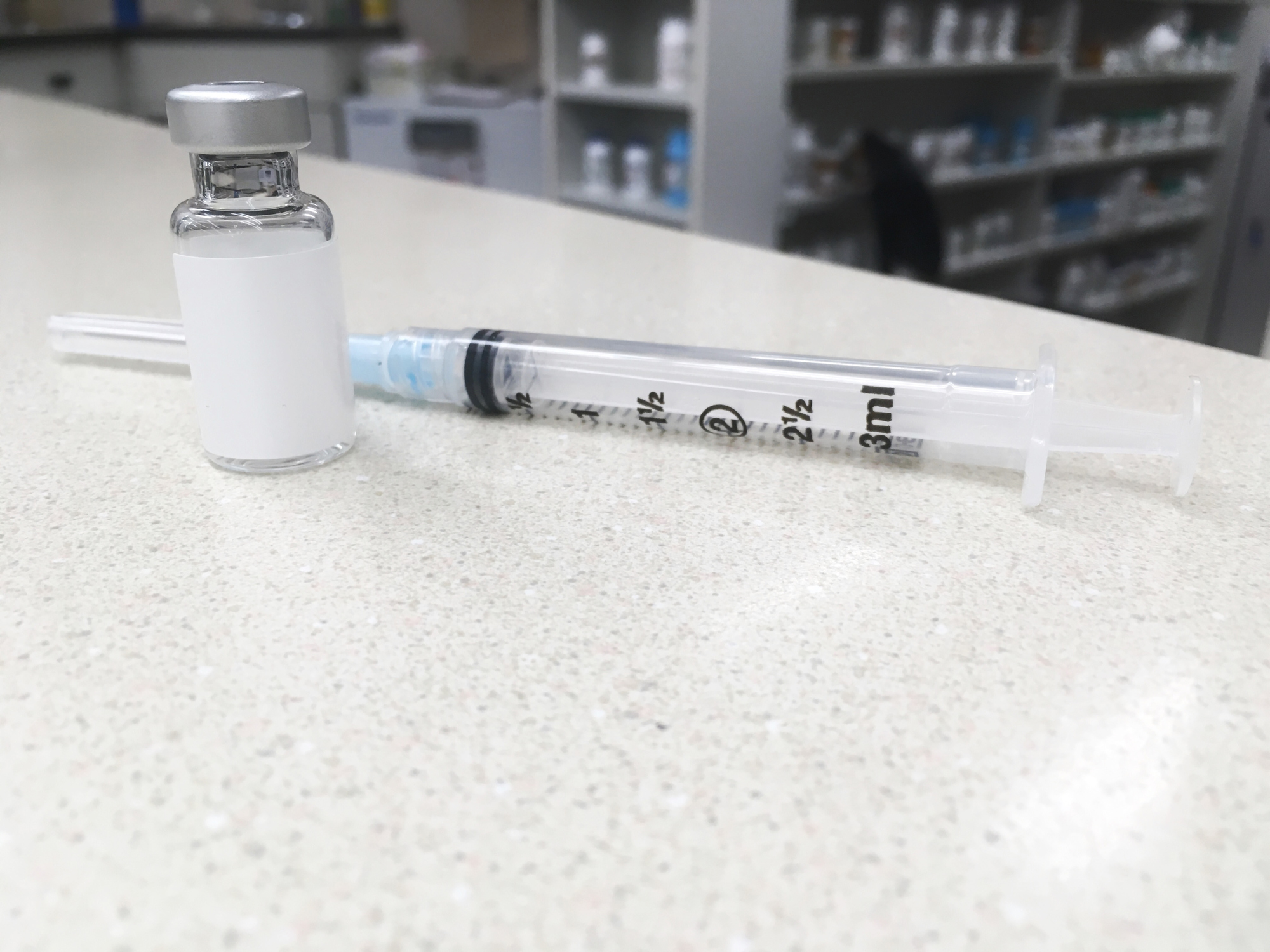Hopefully, you have already received your annual flu shot or scheduled an appointment for one this fall, but with the season for colds, autumn allergies, and influenza upon us, it’s also important to know the unique symptoms of COVID-19 that may be cause for concern.
According to a recent Wall Street Journal article, fever, dry cough, fatigue, and body aches are all common with seasonal flu as well as the novel coronavirus. But with COVID, doctors have found that fever tends to have a stronger impact including chills and major discomfort even when body temperatures don’t reach past 100.4 degrees Fahrenheit.
In addition to leaving patients feeling worse than in flu cases, symptoms of COVID-19 can come on quickly, usually between 5 and 7 days following exposure, but can appear as long as 14 days later. Flu symptoms usually present in one to four days after exposure. As coronavirus infection progresses, many patients will experience shortness of breath, continued fever, and pneumonia.
The first symptom of the common cold is often a stuffy nose and congestion which are not primary symptoms of COVID-19. A productive or wet cough is also associated more with a cold than coronavirus. However, the loss of a sense of smell or taste has been noted as a symptom of COVID, even without other signs of the virus.
If you are concerned about any symptoms, call your doctor for further instructions. Be sure to get your annual flu shot to help strengthen your immune system and reduce the strain on the health care system. Primary health care providers may also suggest older adults receive the pneumococcal vaccine. Follow this link to view the 2020 adult immunization schedule recommended by the U.S. Department of Health and Human Services.
As we spend more time indoors and many students and workers return to in-person learning and employment, the risk for contracting colds and flu increases. To protect yourself from becoming ill with one, or possibly two viruses this season, health care experts recommended getting a flu shot and continuing to practice good hand hygiene and safe social distancing.






Add Your Voice
0 Comments
Join the Discussion